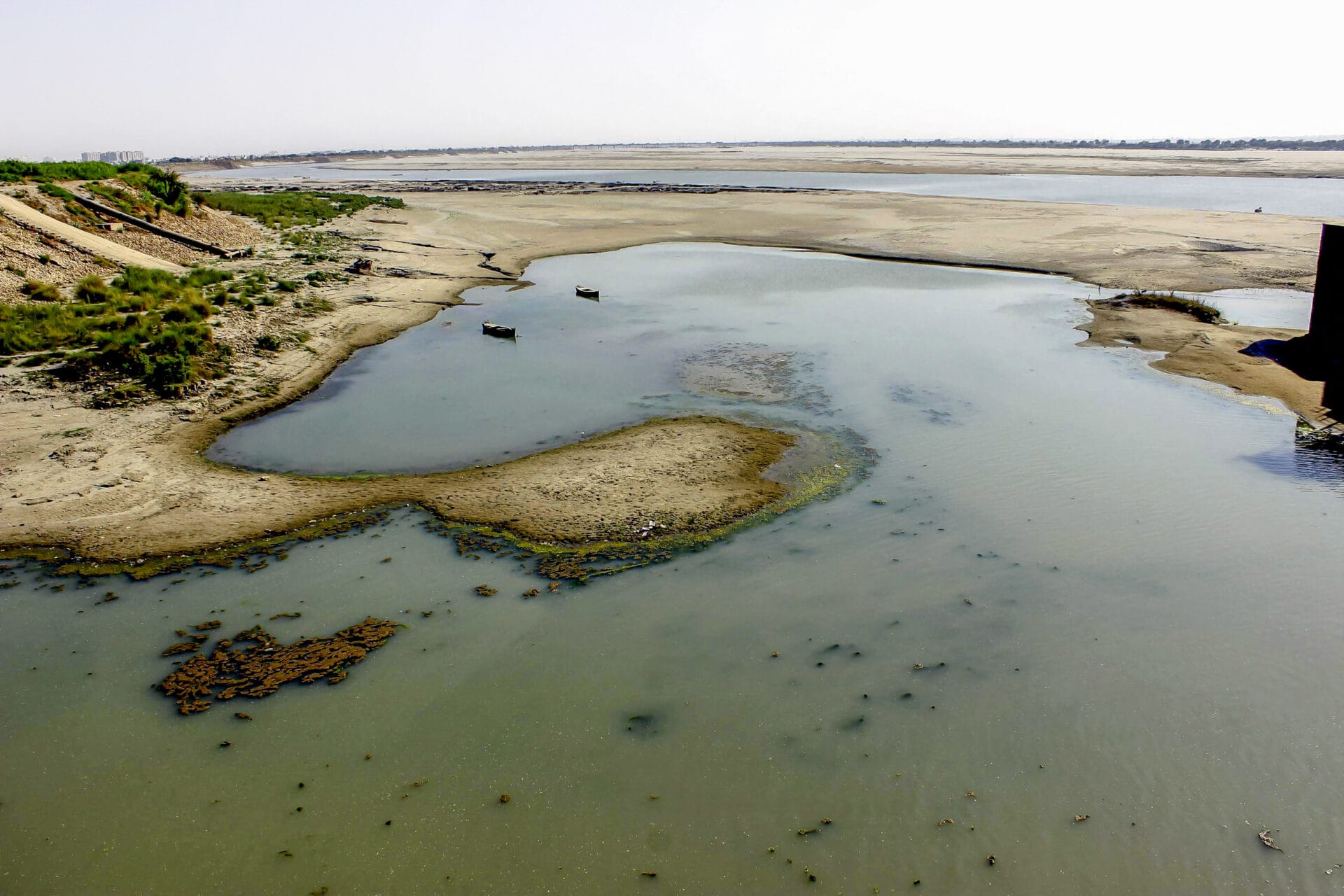Preventing an India-Pakistan Water War - New Lines InstituteThis article is the third part of a series on Kashmir. Read part one, about India-Is...
Published on by Water Network Research, Official research team of The Water Network

This article is the third part of a series on Kashmir. Read part one, about India-Israel relations, here. Read part two, about Kashmir’s insurgency, here.
India’s decision to walk away from the Indus Waters Treaty (IWT) with Pakistan marks an unprecedented and consequential shift in one of South Asia’s few enduring frameworks for transboundary cooperation. For decades, the treaty was one of the few mechanisms that India and Pakistan had that ensured a modicum of cooperation and communication, even during the worst of times for bilateral relations. It endured despite wars, serious cross-border crises, and prolonged diplomatic freezes. Now it faces a potential suspension, which carries risks that extend beyond bilateral water management and into the domain of regional security. The treaty’s failure could lead to an all-out war between India and Pakistan.
For the United States, which maintains security partnerships and trade ties with India, continues counterterrorism cooperation with Pakistan, and seeks to manage growing Chinese influence in the region, this is a potential powder keg. A conflict over water would threaten regional stability, undermine counterterrorism objectives, and create openings for external factors, precisely at a time when Washington hopes to encourage responsible regional balancing.
History of the IWT
Pakistan has long feared that India could use its upper-riparian geography to throttle water flows into Pakistan. The fear became reality when, during the first India-Pakistan war over Kashmir in 1947-48, India stopped the water supply from the headworks of major eastern Indus River tributaries from flowing into Pakistan, resulting in the desiccation of 1 million acres of farmland in Pakistan. Then-Pakistani Prime Minister Liaqat Ali Khan described the “unilateral” move as “foundational violence” and declared water as a “new front of tension.” It became the genesis of the current lack of “hydro-solidarity” between the two countries and prompted the constitution of the joint technical management proposal of the World Bank for the Indus Basin.
The 1960 treaty delimits the rights and obligations of India and Pakistan for the use of waters in the Indus Basin and its tributaries. Nearly 300 million people in India and Pakistan live in the Indus Basin, which originates in the Himalayas in southwestern Tibet, winding through Kashmir before entering the Punjab and emptying into the Arabian Sea. River tributaries in the basin cover 65 percent of Pakistan’s and 14 percent of India’s drainage area. The IWT gives New Delhi unrestricted control over the three eastern rivers – the Beas, Ravi, and Sutlej – while Islamabad has control over the three western rivers – Jhelum, Chenab, and Indus – flowing through India-administered Kashmir into Pakistan.
Attached link
https://newlinesinstitute.org/environmental-challenges/preventing-an-india-pakistan-water-warTaxonomy
- Water Cooperation & Conflict
- River Basin management
- India
- Water Security
- Water from Air
- Domestic Water Use
- Pakistan